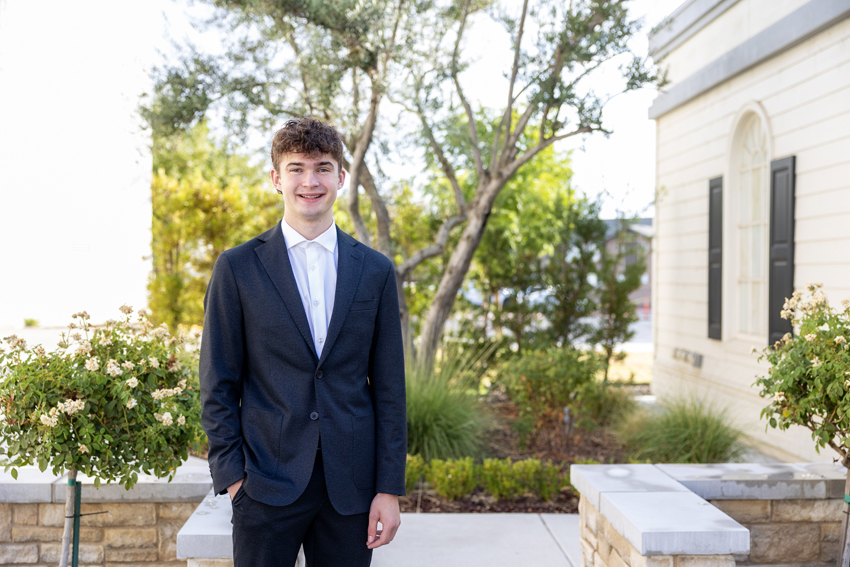“Riddikulus with Elise & Sydney” is a column about the Harry Potter series. A new column is posted every other Wednesday. Some columns may contain spoilers.
The final chapters of Harry Potter and the Deathly Hallows — affectionately titled “Harry Potter and the Blood Bath” — were not cheery ones, hence the alternate title. Unlike the Twilight Saga, the much-anticipated battle in Harry Potter actually happens.
Since author J. K. Rowling was determined to accurately illustrate the consequences of war, this battle had many casualties — including some much-loved characters and some not-so-loved bad guys. Many readers (including ourselves) were not excited to see these characters put to rest.
The realism of Harry Potter sets it apart from other popular teen novels. Obviously, magic is not realistic; however, the outcome of the conflict is authentic. The ugly truth is that the good guys die too. In fact, during the Civil War the Union army had at least 100,000 more casualties than did the Confederates.
No, it is not fair. But neither is life. This is made very clear by the outcome of the seventh Harry Potter book.
So, why do authors have to be realistic? The answer is that the quality of a book is not measured by the reader’s positive emotional response. If it were, most of the books we call classics would be considered garbage.
Realism gives perspective, and allows the reader to deeply feel and empathize. War is tragic, messy, bloody and just downright sad. For a book to describe it in any other way would be wrong. J. K. Rowling portrays war accurately and in a way that makes her audience feel the pain and loss that accompany armed conflict.
For us, one of the most heart-wrenching casualties of the war is Teddy Lupin. Both of his parents had died in the last battle when he was just a baby. Not only will he grow up without parents, but he will have no memory of them. Sad as it is, this is not an uncommon scenario. Children lose parents to war all the time.
Possibly the most mourned character of the series is Fred Weasley. Throughout the books, Fred and his twin brother George are the much-loved comic relief. Constantly making mischief, they add a little bit of light to even the darkest of situations.
Yes, all of these deaths make us very sad. We cried quite a bit the first time we read the book. But,when we really think about it, we would not have it any other way. (Okay, maybe we would have spared Teddy’s parents; however, the victory certainly should not have occurred without some sadness.)
A novel where the characters experience no loss or heartache is a sign of an indulgent author. While books like this are nice once in a great while, they are typically not well-written. And they never make you really think. They are meant to make the reader feel good






